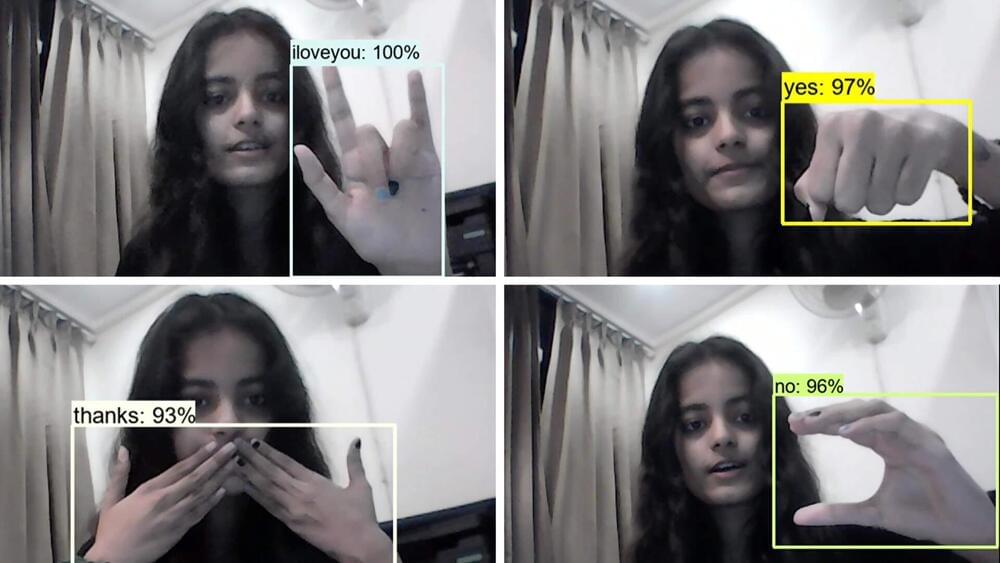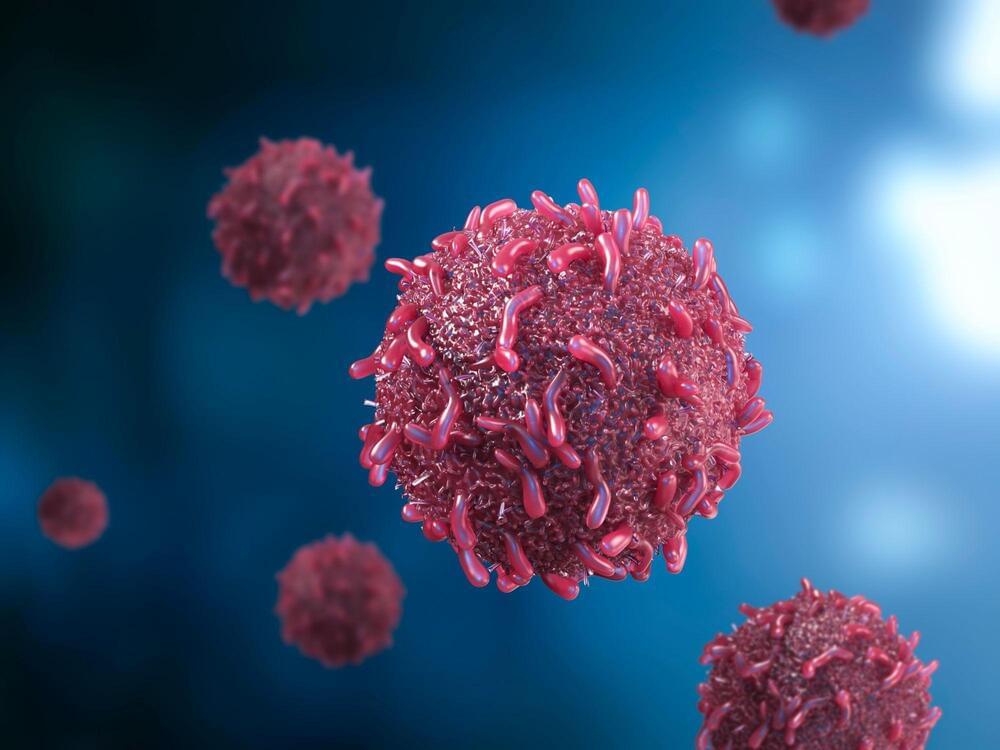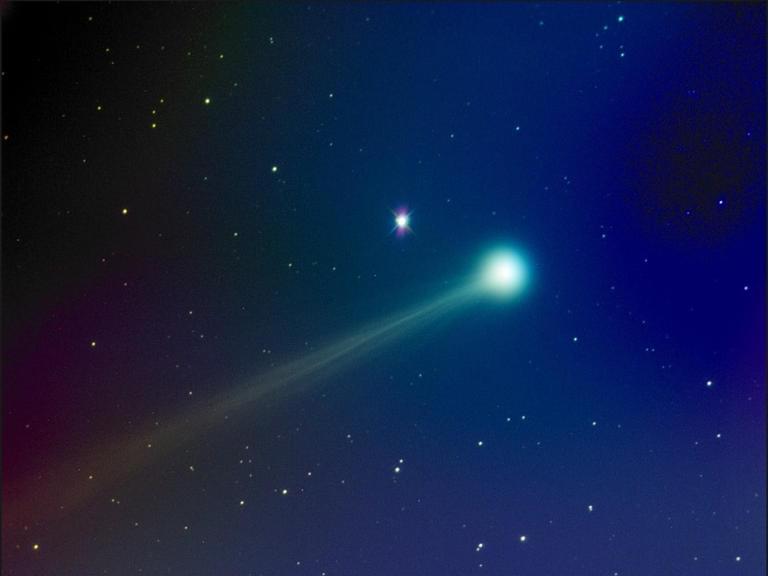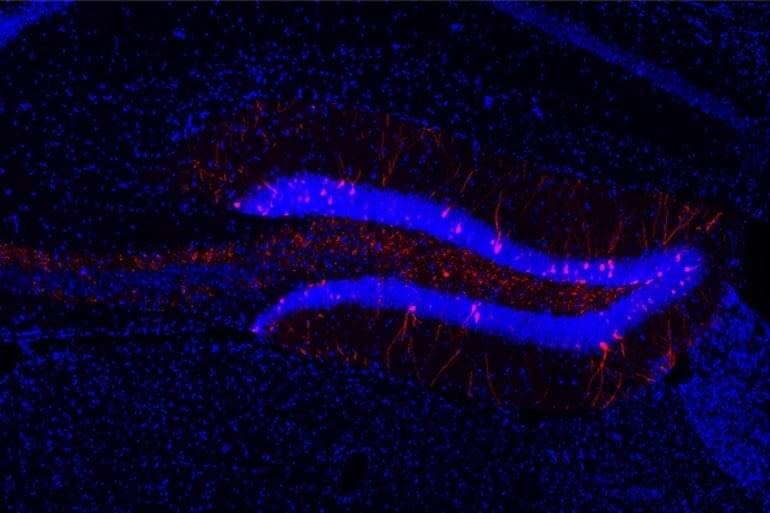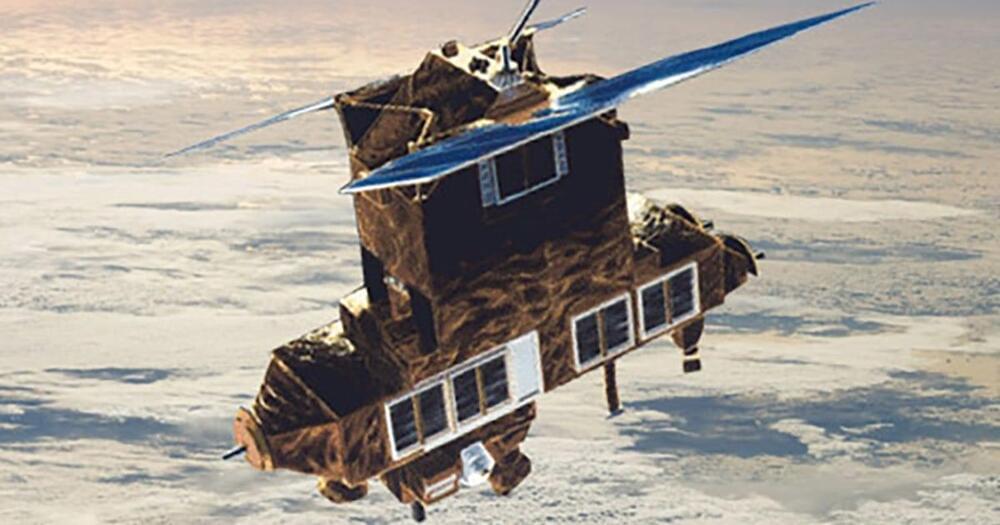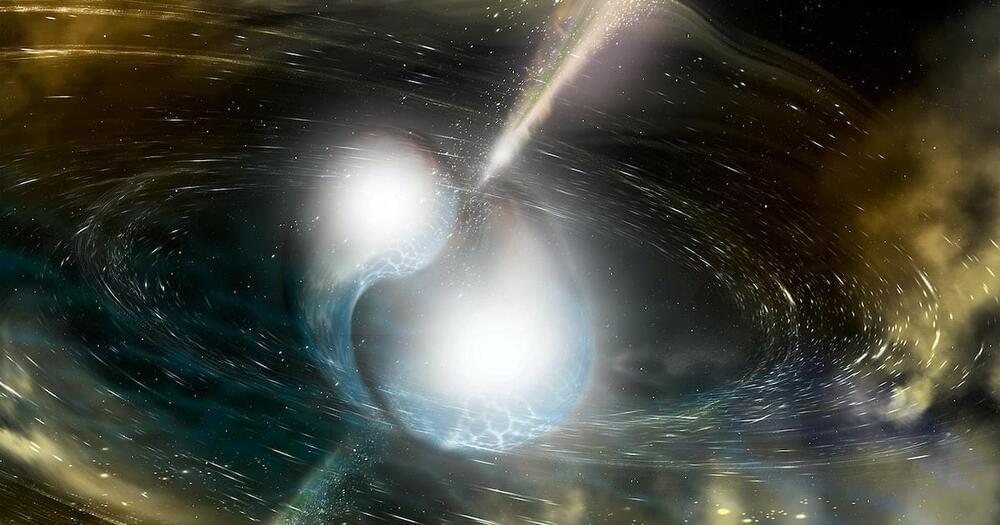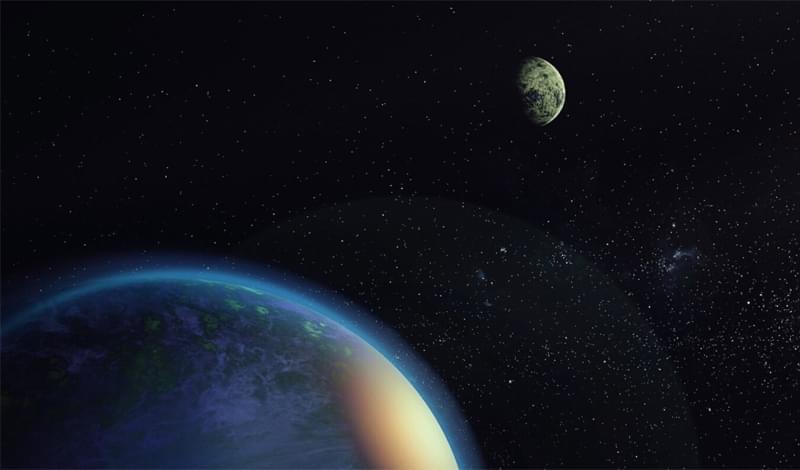Jan 9, 2023
Engineering student’s AI model turns American Sign Language into English in real-time
Posted by Omuterema Akhahenda in category: robotics/AI
Engineering student Priyanjali Gupta does not have tall tales of the inspiration behind her AI model that translates American Sign language (ASL) into English immediately.
Instead, the driving factor was her mum, who asked her “to do something now that she’s studying engineering”, a statement echoed by most Indian mums. Gupta is a third-year computer science student specializing in data science from the Vellore Institute of Technology, Tamil Nadu.
